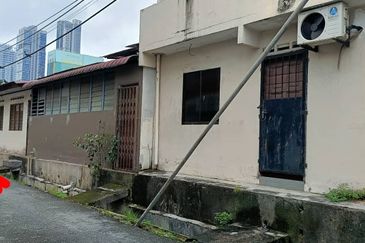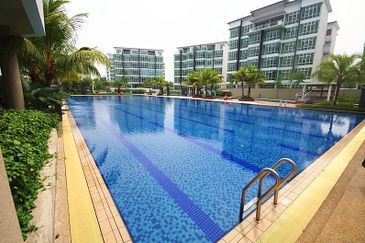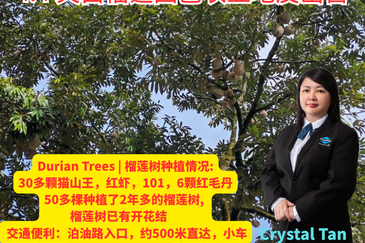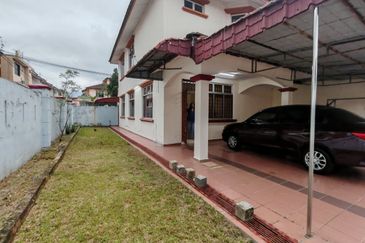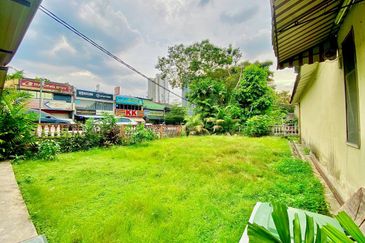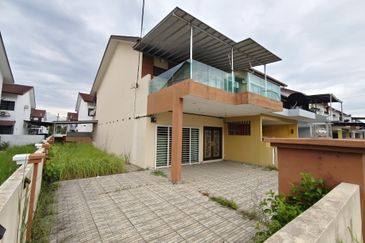
Amidst the luxurious commercial setting of Singapore's Orchard Road, filled with fancy malls, department stores and food courts, there is a farm.
Reuters reports that the 6,450 sq ft Comcrop farm utilises vertical racks and hydroponics to grow leafy greens and herbs such as basil and perppermint, which are sold to nearby bars, restaurants and stores.
Allan Lim set up the rooftop farm five years ago, and recently opened a 4,000-square-metre farm with a greenhouse on the edge of the city.
The goal, in Singapore where land is at a premium, is to tackle food security.
“Agriculture is not seen as a key sector in Singapore. But we import most of our food, so we are very vulnerable to sudden disruptions in supply,” Lim said.
“Land, natural resources and low-cost labor used to be the predominant way that countries achieved food security. But we can use technology to solve any deficiencies,” he said.
In the country where 5.6 million people are densely packed in, land reclamation, moving transport utilities and storage underground, and clearing cemeteries for homes and highways have been undertaken.
Agriculture, takes up only about 1% of its land area.
Last year, Singapore topped the Economist Intelligence Unit’s (EIU) Global Food Security Index of 113 countries for the first time, scoring high on affordability, availability and safety.
However, importing more than 90% of its food, food security is susceptible to climate change and natural resource risks.
As climate change makes its impact felt across the world, the scarcity of water, shifting weather, and population growth will require better ways to feed the people.
A study published last year, cited by Reuters notes that urban agriculture currently produces as much as 180 million metric tonnes of food a year - up to 10% of the global output of pulses and vegetables.
From what was once an agrarian economy that produced nearly all of its own food, from pig farms, vegetable gardens and durian orchards and chicken in the kampongs, to government is now pushing to relocate over 60 farms in the countryside by 2021, to reclaim land for the military.
Speaking to the publication, Chelsea Wan, a second-generation farmer who runs Jurong Frog Farm said: “It’s getting tougher because leases are shorter, it’s harder to hire workers, and it’s expensive to invest in new technologies.
“We support the government’s effort to increase productivity through technology, but we feel sidelined,” she said.
TOP PICKS BY EDGEPROP

Royal Strand @ Country Garden Danga Bay
Johor Bahru, Johor

Taman Perindustrian Desa Plentong
Masai, Johor

Havona Residence @ Taman Mount Austin
Johor Bahru, Johor

KSL D Esplanade, Taman Century
Johor Bahru, Johor


